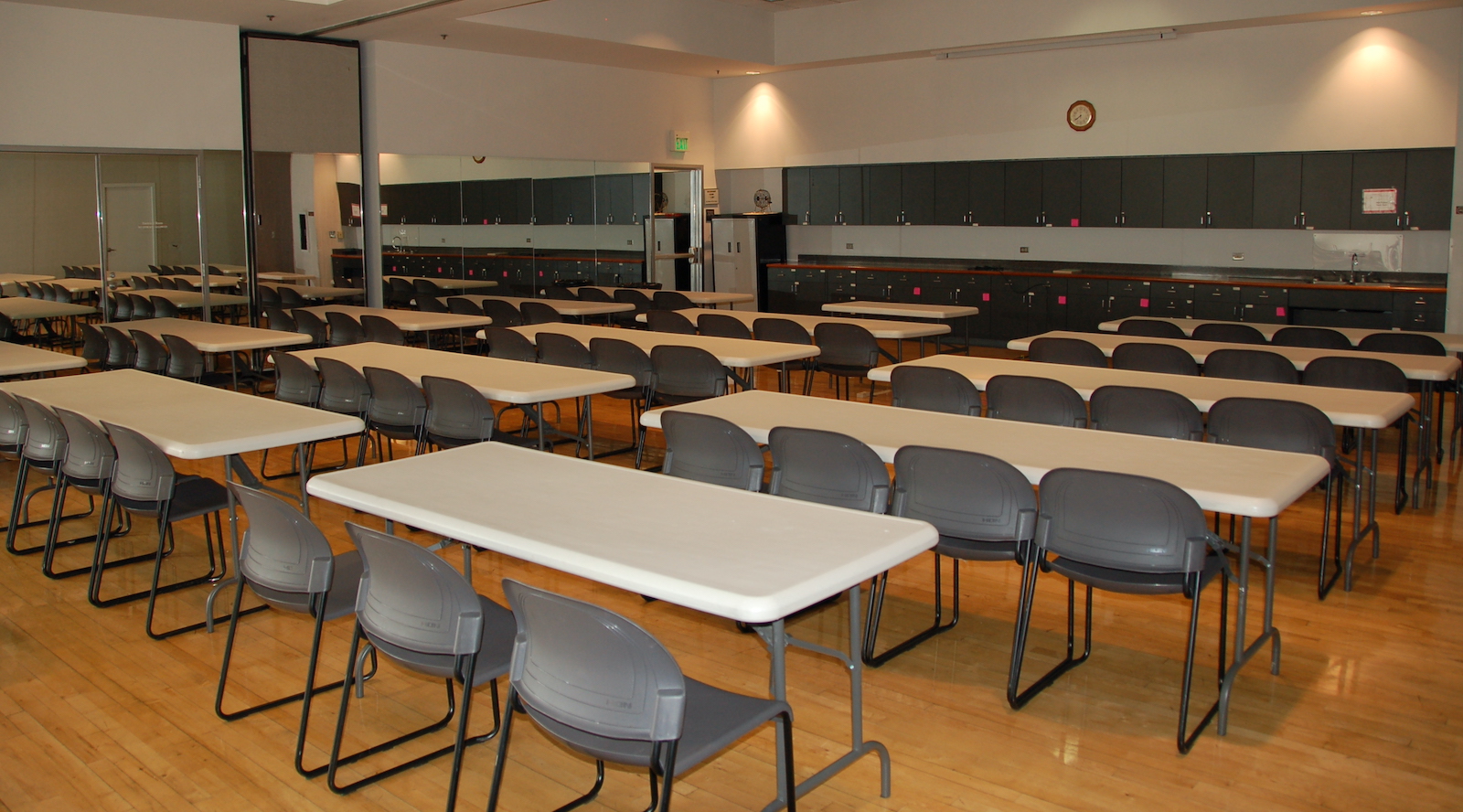Large spaces tend to be multi-purpose spaces. Consider the largest room in your elementary school. Most likely the gym, cafeteria, and auditorium were combined in some way in order to make the best use of school space. Consider the largest spaces in most cities: stadiums, used for a variety of sports, concerts, and other events. There is an ease and convenience to a multipurpose space—whether that be the dull function room of hotels or the event space of newer venues. We live in a world that thinks about space, especially large space, as multipurpose.
While this tendency to use space for different functions is in itself not problematic and is typically helpful, there is one type of building that should not be multipurpose: sacred buildings. This includes cathedrals, churches, shrines, chapels, and oratories. And each of these is used for one thing and one thing alone: the worship of God. This is elucidated in canon law, which only permits sacred spaces to be used for “those things which serve the exercise or promotion of worship, piety or religion” (Cic 1210).
The Church recognizes this act of setting aside space for exclusive use when she dedicates churches. The Rite of Dedicating a Church is a beautiful ceremony where the bishop blesses each part of the church and makes it unmistakable that it is for the worship of God. This event is so important that the anniversary of the dedication of a church is celebrated every year inside that church. The dedication of a Cathedral is celebrated by the whole diocese, and the dedication of the Lateran Basilica in Rome is celebrated by the entire Latin Church.
Yet, many times when we celebrate the dedication of a church, especially outside the church building itself, we can overlook the importance of setting aside a space for the single purpose of worship. We may still think of it as much like the commemoration of a secular building—a very solemn ribbon cutting. While it certainly is an historical event it is far more in light of St. Paul’s teaching about the Church. St. Paul chides the Corinthians, “Do you not know that you are the temple of God, and that the Spirit of God dwells in you” (1 Cor 3:16)?
If then, we are temples of the Holy Spirit we ought to see our lives like buildings—not any building, however, because we are not called gymnasiums or stadiums which can be used for one purpose today and another purpose tomorrow. But we ought to live our lives as buildings dedicated to the one true God. It does not mean that everything we do has to be explicitly religious, or that we must literally be in prayer at every moment, but it does mean that our thoughts and actions are ordered to the glory of God, because he is the ultimate purpose of our entire life.
✠
Photo by the Albuquerque South Broadway Cultural Center (CC BY 2.0)







